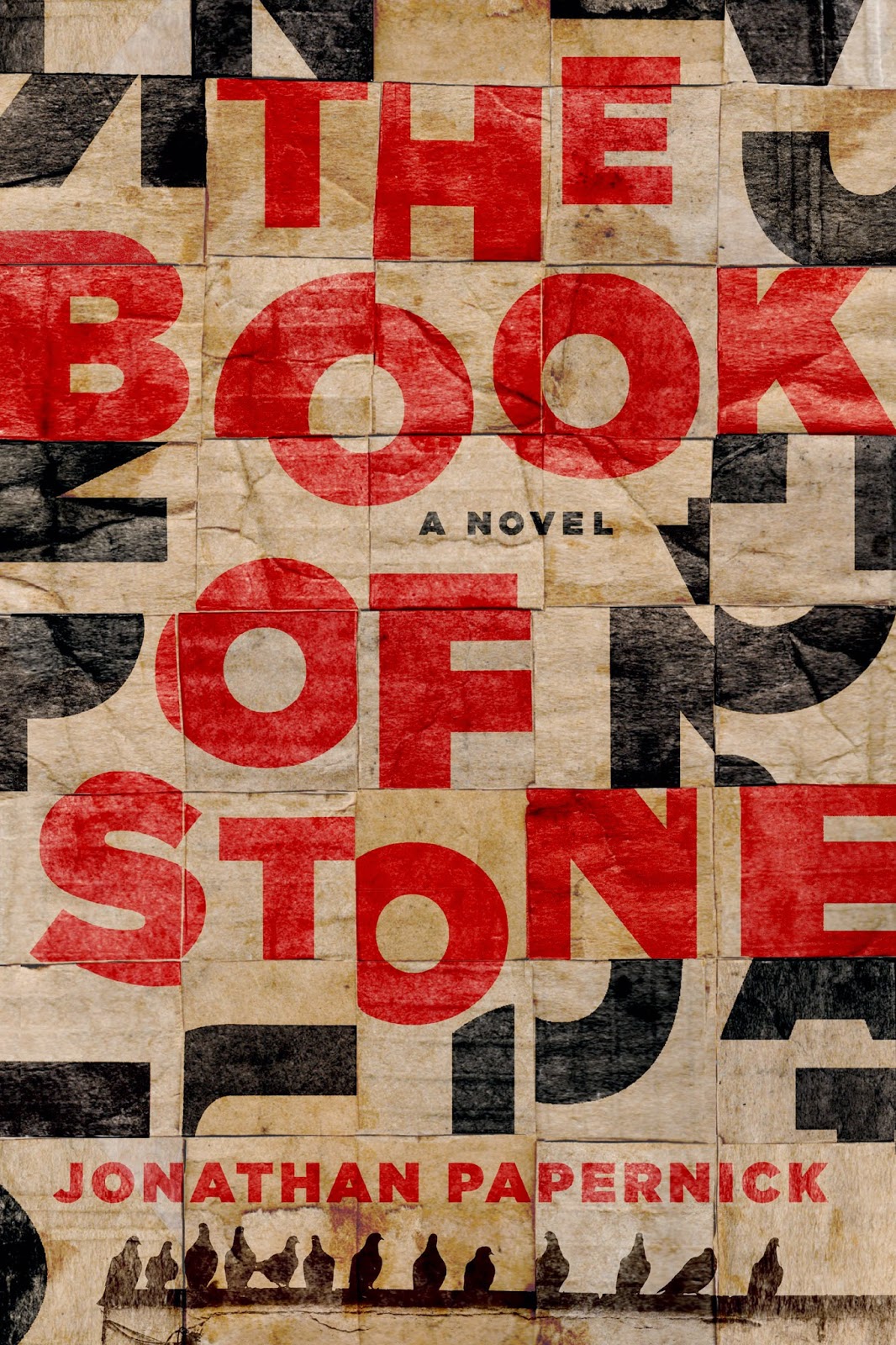In this installment of Page 69,
we put Reb Livingston's Bombyonder to the test....
OK, Reb, set up page 69 for us.
It’s the last page of a section titled “Protection” where the protagonist, in her usual helter-skelterish manner, ruminates on shields, names, historical contexts and connections. All themes that run throughout the novel. What is a true threat? What are we witness to? How does protection work and what does it accomplish? She struggles to create her own structure and views, while rejecting what currently is in place, despite being complicit in what she attempts to reject. Every time she thinks she’s made sense of something, something comes in to complicate matters further. There is no sense. There’s a boy on a donkey, he’s dead or maybe he’s alive. She has no idea who he is or what he’s about and at this point in the story, she chooses to let the matter drop and focuses her attention on a golem (“Terrifyingly Handsome”) she created from her husband’s corpse.
What is Bombyonder about?
After agreeing to her father’s request to slit his throat so his much anticipated legacy can begin, the unnamed protagonist swallows his invention, a “kind” bomb in pill form. This triggers a psychic shattering of sorts which begins with her barfing up a dead bird that she is compelled to rebirth/replace/bury (she’s not sure) by embarking on a fragmented psychic excavation where she commits an additional murder of her husband, meets a parrot-faced cat girl and a boy on a donkey and then creates a new lover by decoupaging her husband’s corpse with denim and other household craft items.
Throughout the novel the protagonist struggles to recognize both the roots of her malaise and why she repeatedly searches for solutions/escape through her bizarre partnerships with men. She muddles through with help from her friend, Lily, a straight-texter who lives in a box inside a box and by mysterious, anonymous notes written to her by the Carries, her long gone female ancestors. When the protagonist finally acknowledges that romantic partnerships are not the way to improve on her situation, she connects with her unconceived brother, Rauan, who never existed (due to a genetic condition affecting all the women on her mother’s side that doesn’t allow male zygotes to develop in their wombs). Rauan desperately wants to connected with their abusive mother, the Worm Queen, while the protagonist makes plans to smother her to death with a pillow. Friction develops between the siblings who clearly desire different outcomes and as Rauan tries to overcome his non-conception to become a tangible, corporeal being.
Eventually the protagonist alone must face her worm-filled mother, avenge Rauan’s non-conception, figure out how to birth her vomit bird and through personal historical revisionism create a new life for herself and those she brings with her.
Do you think this page gives our readers an accurate sense of what the book is about?
Somewhat. The book is, well, strange. It’s told from the protagonist’s fractured psyche, which goes all over all the place so I’m not so sure one single page could give anything close to an accurate sense of what the book is about. It’s a bunch of shards that when pieced together tell the story.
~~~~~~~~~~~~~~~~~~~~~~~~~~~~~~~~~~~~~~~~~~~~~~~~~~~
Page 69
BOMBYONDER
Please provide a viable DNA sample for the footnotes else this entry will be marked for deletion.
The family agreed to help the boy’s mother grieve. Or at least see what they could do. The unwanted shield left on the door waited for something to be done. Waiting for something to happen is like slitting your own throat. It’s better to have the ability to swallow, even if it hurts. You don’t want that foulness dribbling down your fresh shirt. It makes a terrible impression.
The boy on the donkey rides again. Free donkey rides. The confluence of a donkey and a horse is a mule or hinny.
A one-dream donkey. Started with the name, diverged with the boy, and then something well-meaning died. Then came another boy on a donkey. Reborn donkey boy has risen? Younger, more handsome donkey boy brother? Donkey boy 2.0?
He has risen?
Risen from what?
I didn’t inquire. He was much too young for me. My attention fixed on Terrifyingly Handsome, my bounded mate.
~~~~~~~~~~~~~~~~~~~~~~~~~~~~~~~~~~~~~~~~~~~
Reb Livingston (http://reblivingston.net/) is the author of Bombyonder (Bitter Cherry Books 2014), God Damsel (No Tell Books 2010) and Your Ten Favorite Words (Coconut Books 2007). She curates the Bibliomancy Oracle (http://bibliomancyoracle.tumblr.com/askoracle) and lives in Northern Virginia with her husband and son.






























